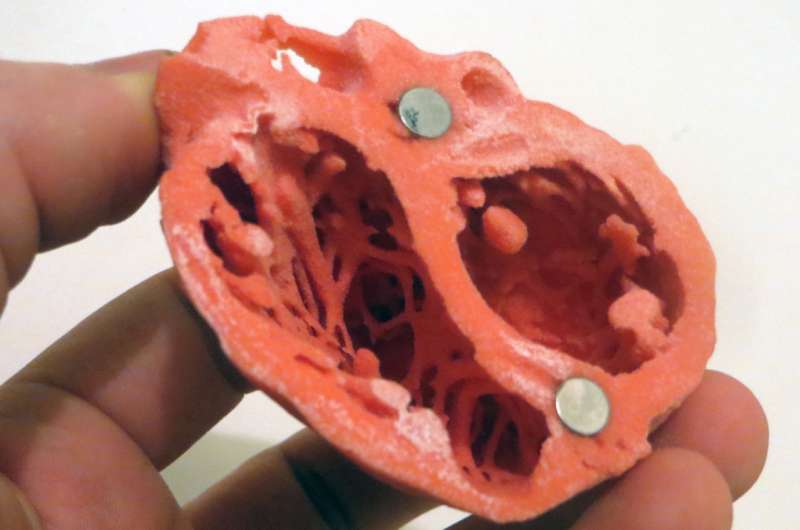Oral Bacteria and Their Role in Parkinson's Disease via the Gut-Brain Axis

Korean researchers have discovered that oral bacteria colonized in the gut produce metabolites that may trigger Parkinson's disease through the gut-brain axis, highlighting new therapeutic possibilities.
Recent research from Korean scientists has provided new insights into how bacteria originating in the mouth may influence the development of Parkinson's disease through the gut-brain connection. The study highlights that oral bacteria, once colonized in the gastrointestinal tract, can produce metabolites capable of reaching the brain and triggering neurodegenerative processes.
Led by Professor Ara Koh and doctoral candidate Hyunji Park at POSTECH, alongside collaborators from Sungkyunkwan University and Seoul National University, the team focused on the bacterial species Streptococcus mutans, commonly associated with dental caries. Their findings reveal that S. mutans produces specific enzymes, such as urocanate reductase (UrdA), leading to the generation of the metabolite imidazole propionate (ImP). Elevated levels of ImP were detected in the gut and bloodstream of Parkinson's patients.
Experimental studies using mouse models demonstrated that introducing S. mutans into the gut or engineering bacteria to express UrdA resulted in increased ImP levels in blood and brain tissues. These mice exhibited typical signs of Parkinson’s disease, including the loss of dopamine-producing neurons, heightened neuroinflammation, and the aggregation of alpha-synuclein protein. The pathogenic effects were linked to the activation of the mTORC1 signaling pathway. Notably, treatment with mTORC1 inhibitors mitigated neuronal loss, neuroinflammation, and behavioral symptoms.
The findings suggest that targeting the oral microbiome and its metabolic products could pave the way for new therapeutic strategies against Parkinson's disease. As Professor Koh summarized, "Our study provides a mechanistic understanding of how oral microbes in the gut influence brain health and may contribute to Parkinson's development," highlighting the potential for microbiome-focused interventions.
This groundbreaking work was published in Nature Communications and underscores the importance of oral health and the gut microbiota in neurological disorders, opening new avenues for research and therapy in neurodegenerative diseases.
Stay Updated with Mia's Feed
Get the latest health & wellness insights delivered straight to your inbox.
Related Articles
Progress in Prenatal Treatment for Severe Genetic Disorders
Advances in prenatal therapy now enable safe injection of therapeutic molecules into the amniotic fluid, offering early treatment options for severe genetic disorders like spinal muscular atrophy before birth.
Long-Term Effectiveness of Psychotherapy for Chronic Low Back Pain Demonstrated in Three-Year Study
A recent clinical trial demonstrates that cognitive functional therapy (CFT) provides effective relief for chronic low back pain lasting at least three years, offering hope for long-term pain management and improved quality of life.
Advancements in Ultrasound Technology Improve Prenatal Detection of Heart Defects, Yet Regional Disparities Persist
Recent advances in ultrasound technology have improved prenatal detection of congenital heart defects, but regional disparities still pose challenges. Learn how new protocols are making a difference.
How Genetics and Lifestyle Influence the Development of Dilated Cardiomyopathy
Research reveals how genetic mutations and lifestyle factors such as weight and alcohol consumption influence the risk and timing of developing dilated cardiomyopathy, a leading cause of heart failure worldwide.



